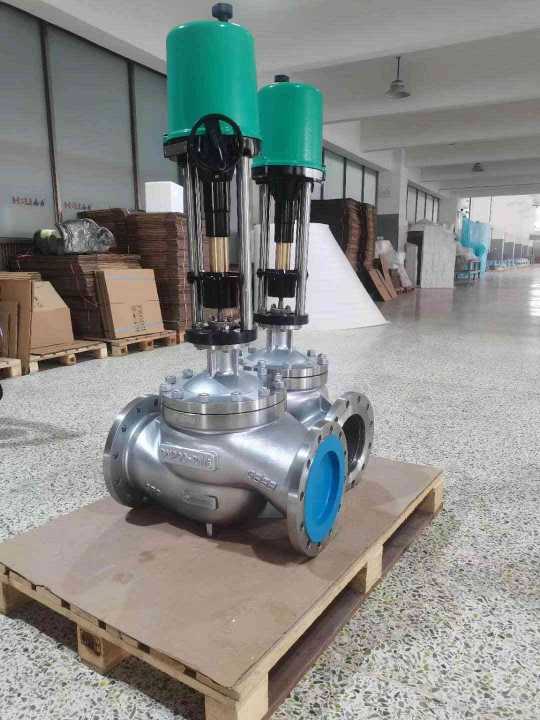In the realm of industrial automation, the Electric Single Seat Regulating Valve (ESSRV) stands as a crucial component, offering precise control and reliable operation in various industrial processes. This article aims to delve into the workings, advantages, and applications of the ESSRV, highlighting its significance in modern industrial systems.

The ESSRV combines the functionality of an electric actuator and a single-seat valve body to form a compact yet powerful control device. It operates on a simple yet effective principle: by accepting an electrical signal, the actuator drives the valve stem to move the valve disc, thereby regulating the flow of media through the valve. This precise adjustment of flow enables the ESSRV to maintain desired process conditions such as pressure, temperature, or flow rate. The ESSRV boasts several advantages that make it a preferred choice in industrial automation. Firstly, its electric actuation allows for remote control and integration into automated systems. This eliminates the need for manual intervention, reducing the risk of errors and improving operational efficiency. Secondly, the single-seat design provides a compact solution that is suitable for space-constrained applications. Moreover, the ESSRV offers excellent flow characteristics and precise control, ensuring accurate regulation of process parameters.
Leave a Reply